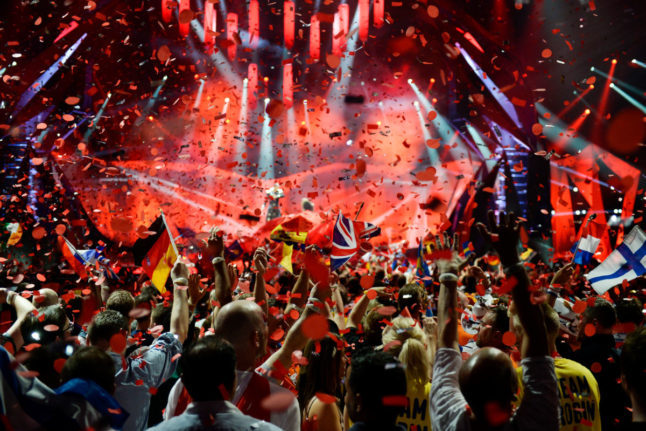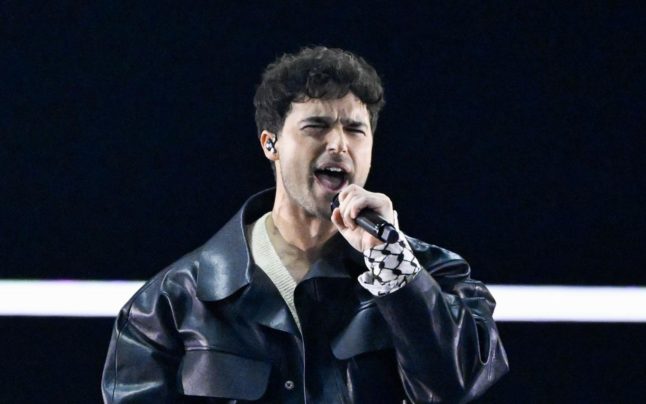People from more than 80 countries will be in the audience of Malmö Arena for Eurovision Song Contest 2024, organisers have revealed.
Sweden-based fans top the list, with one-third of tickets sold to domestic customers.
But following not too far behind are Brits, with almost a fifth of all tickets snapped up by fans in last year’s host country. And more than one in ten buyers come from non-European countries.
“Malmö welcoming Eurovision fans and visitors from such large and diverse parts of the world is truly fantastic. It clearly demonstrates the event’s appeal and its ability to unite people through music, culture, and diversity,” Karin Karlsson, appointed by Malmö as managing director of the city’s role in hosting this year’s Eurovision, said in a statement.
The top ten countries, based on total ticket sales up until March, are:
1. Sweden
2. UK
3. Denmark
4. Germany
5. USA
6. Netherlands
7. Australia
8. Spain
9. Ireland
10. Poland
Long-distance fans from countries such as Mexico, Brazil and New Zealand are also expected to descend on the city, which is home to 186 nationalities.
“We see Malmö as a place where people, cultural expressions, and traditions come together and get to know each other. This is what our event should also reflect,” said Karlsson.
Eurovision will take place on May 7th-11th, with nine live shows including dress rehearsals for the semi-finals and final.
DISCOVER MALMÖ:



 Please whitelist us to continue reading.
Please whitelist us to continue reading.
Member comments